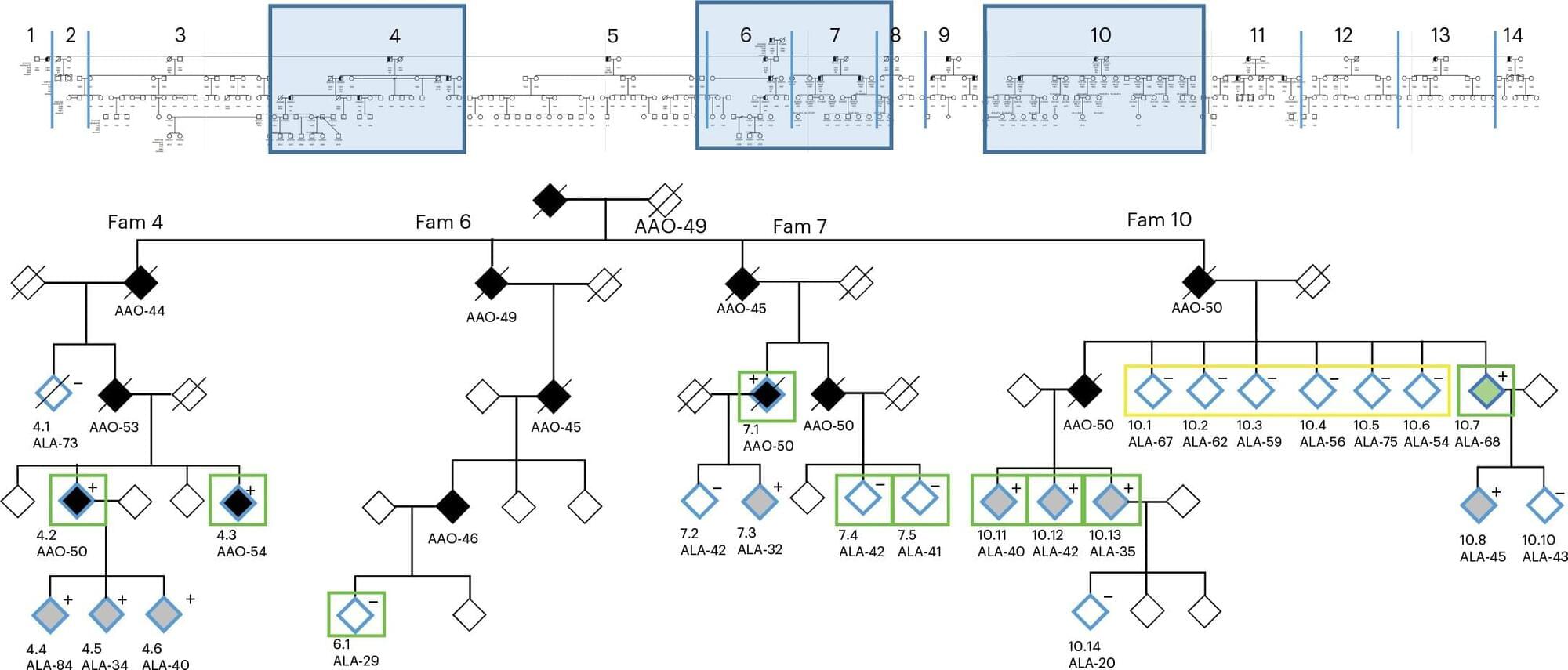Researchers at Washington University School of Medicine in St. Louis have conducted a longitudinal study on an individual carrying the presenilin 2 (PSEN2) p. Asn141Ile mutation, a genetic variant known to cause dominantly inherited Alzheimer’s disease (DIAD). The high risk individual, despite being 18 years past the expected age of clinical onset, has remained cognitively intact. Researchers investigated genetic, neuroimaging, and biomarker data to understand potential protective mechanisms.
Unlike typical DIAD progression, tau pathology in this case was confined to the occipital lobe without spreading, suggesting a possible explanation for the lack of cognitive decline.
DIAD results from highly penetrant mutations in amyloid precursor protein (APP), presenilin 1 (PSEN1), or PSEN2, which lead to abnormal amyloid-β processing and early-onset Alzheimer’s disease. The Dominantly Inherited Alzheimer Network (DIAN) was established to track DIAD mutation carriers and assess clinical, cognitive, and biomarker changes over time.
